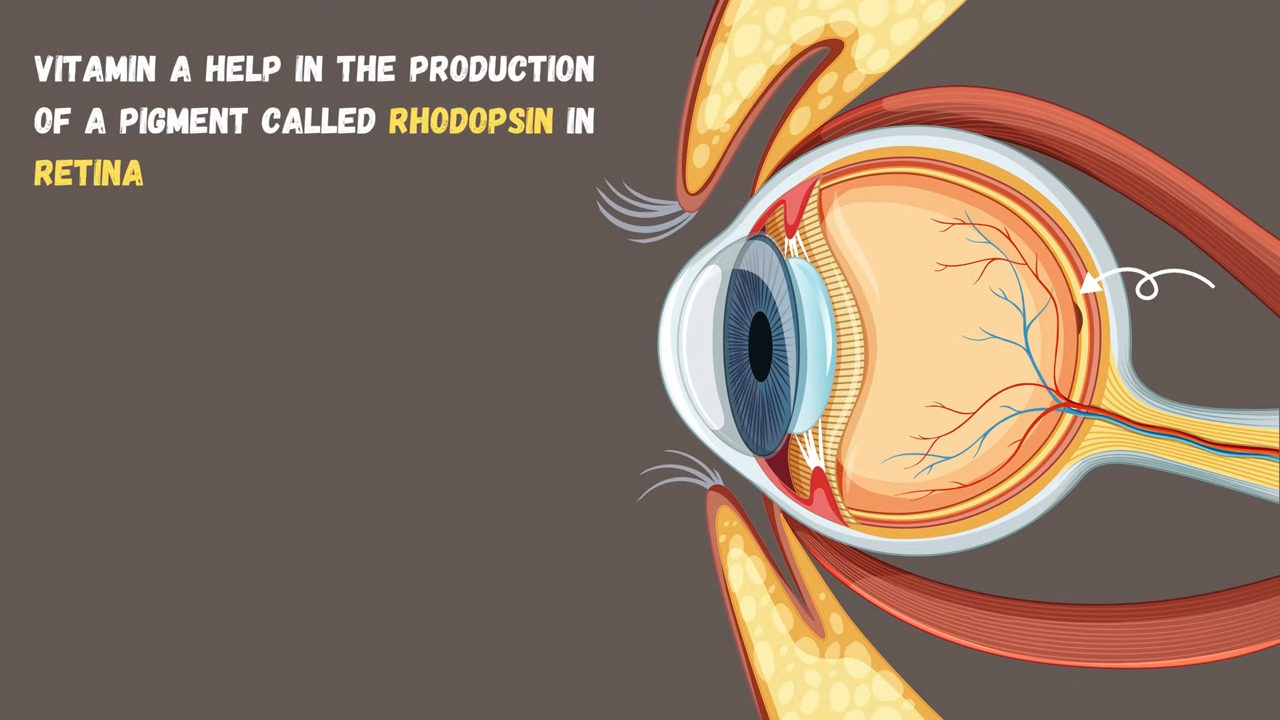Maintaining eye health is crucial for overall well-being, particularly for women who may face unique challenges related to eye conditions. Regular eye exams are essential for detecting issues such as dry eyes, age-related macular degeneration, and glaucoma. Early detection and appropriate treatment can prevent these conditions from worsening and preserve vision. Additionally, adopting preventive measures like wearing sunglasses, staying hydrated, and managing screen time can significantly reduce the risk of developing eye problems.
Incorporating a healthy diet rich in vitamins A, C, and E, along with omega-3 fatty acids, can also support eye health and prevent common issues. For women experiencing symptoms like blurred vision or eye strain, seeking timely medical advice is vital. By combining regular eye care practices with lifestyle adjustments, women can effectively manage and prevent eye health problems, ensuring long-term visual clarity and comfort.
To ensure optimal eye health, it is important to consider both preventive and treatment strategies. The following subheadings outline key practices for maintaining eye health and addressing common eye conditions.
Regular Eye Exams and Early Detection
Routine eye exams play a critical role in identifying eye conditions such as dry eyes, age-related macular degeneration, and glaucoma. These conditions can be effectively managed if detected early, potentially preventing serious vision impairment. Regular visits to an eye care professional allow for timely diagnosis and treatment, helping to maintain visual acuity and overall eye health. Scheduling these exams consistently is vital for proactive eye care.
Here are the subheadings and paragraphs based on the provided topic:
Routine eye exams are essential for diagnosing and managing eye conditions early on. The following subheadings will outline key practices to ensure proactive eye care.
1. Importance of Regular Eye Exams
Routine eye exams are crucial for detecting conditions like dry eyes, age-related macular degeneration, and glaucoma. Early diagnosis of these issues allows for timely intervention, which can prevent serious vision impairment and preserve visual acuity. Regular visits to an eye care professional ensure that any developing conditions are managed effectively, maintaining overall eye health and preventing deterioration.
2. Scheduling and Consistency
Consistently scheduling eye exams is fundamental to proactive eye care. Regular check-ups with an eye specialist help in monitoring and addressing any changes in eye health. This consistency allows for early detection of potential issues, which is vital for effective treatment and management. Ensuring that these exams are part of your routine helps maintain optimal vision and prevents the progression of eye-related conditions.
Preventive Measures to Protect Eye Health
Adopting preventive measures is essential in reducing the risk of eye problems. Wearing sunglasses to shield eyes from UV rays, staying hydrated to prevent dry eyes, and managing screen time to avoid digital eye strain are practical steps to protect vision. Incorporating these habits into daily routines can help safeguard against common eye issues and support long-term eye health. Taking proactive measures ensures a lower risk of developing serious eye conditions.
Here are the subheadings and paragraphs based on the provided topic:
Preventive measures are crucial in maintaining eye health and reducing the risk of common eye problems. The following subheadings outline essential practices for protecting your vision.
1. Wearing Sunglasses for UV Protection
Wearing sunglasses is an effective way to protect your eyes from harmful UV rays. Prolonged exposure to UV light can contribute to various eye issues, including cataracts and macular degeneration. Choosing sunglasses with UV protection helps shield your eyes from these damaging rays, reducing the risk of long-term vision problems and maintaining overall eye health.
2. Managing Screen Time and Hydration
Managing screen time and staying hydrated are key strategies for preventing digital eye strain and dry eyes. Excessive screen use can lead to discomfort and eye fatigue, while adequate hydration helps keep your eyes lubricated and comfortable. Implementing regular breaks from screens and drinking sufficient water throughout the day are practical measures to support eye health and reduce the likelihood of developing eye-related issues.
Conclusion: Effective Strategies for Maintaining Eye Health
Maintaining eye health is essential for overall well-being, particularly for women who may encounter unique challenges with eye conditions. Regular eye exams are crucial for early detection and management of issues such as dry eyes, age-related macular degeneration, and glaucoma. Additionally, adopting preventive measures like wearing sunglasses, staying hydrated, and managing screen time can significantly reduce the risk of eye problems. Incorporating a diet rich in essential vitamins and omega-3 fatty acids further supports eye health. By combining these strategies, women can enhance their visual clarity and comfort, ensuring long-term eye health and well-being.








